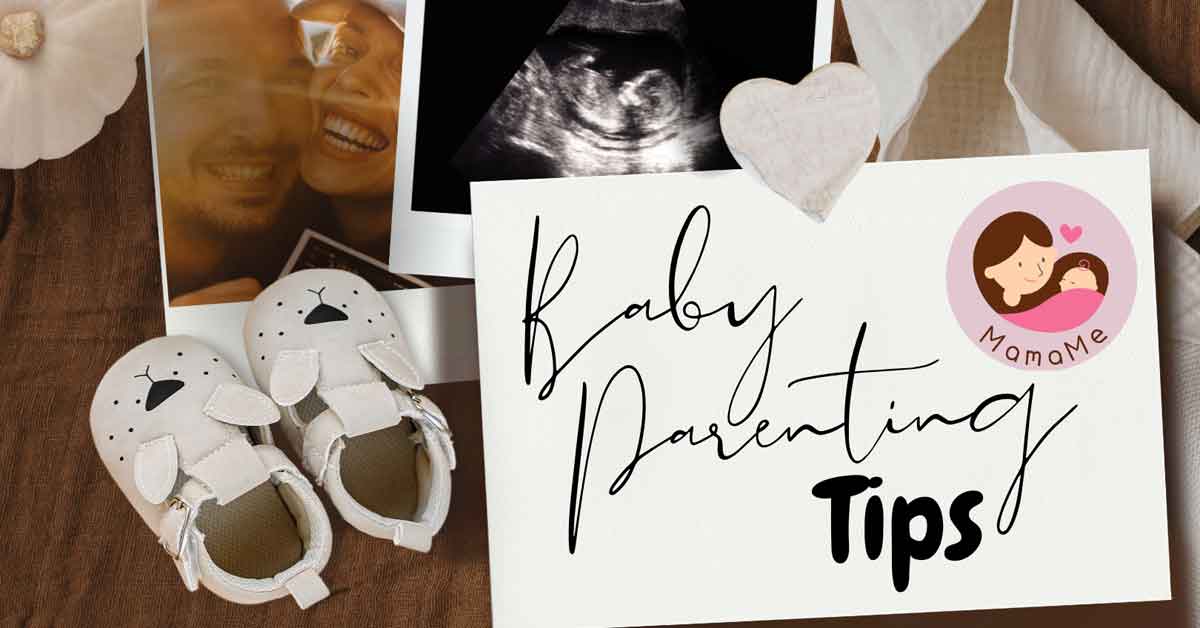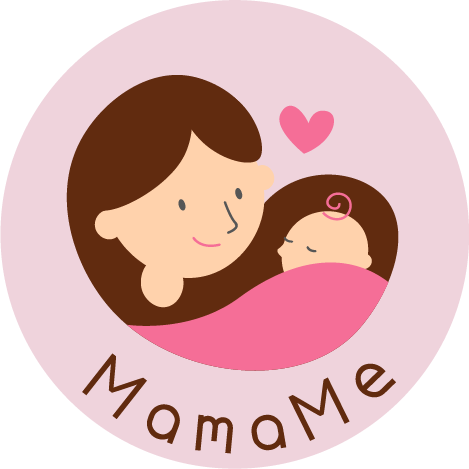
Becoming a new parent is both magical and overwhelming. With endless advice coming from every direction, one fundamental principle stands out for nurturing infants: responsive caregiving. This means tuning into your baby's cues and responding consistently with warmth and attention.
The Science Behind Swaddling
When we talk about responsive caregiving, we're describing those precious moments when you notice your baby's subtle signals and respond accordingly. It's picking up on their unique "hunger cry," recognizing when they're overstimulated, or noticing when they're ready for interaction through those adorable coos and smiles.
Research shows that babies whose parents practice responsive caregiving develop stronger emotional bonds, better stress-management skills, and healthier brain development. This approach helps build a secure foundation for your baby's future relationships and emotional well-being.
Here's how to put responsive caregiving into practice:
Watch and learn your baby's unique language. Every baby communicates differently – some might arch their back when overstimulated, others might turn their head away. Taking time to understand these signals helps you respond more effectively to their needs.
Trust your instincts about your baby's needs. While it's great to read parenting books and seek advice, you're the expert on your child. Those gut feelings about what your baby needs are often right on target.
Create calm moments for connection. During feeding times, diaper changes, or bedtime routines, make eye contact, talk softly, and respond to your baby's reactions. These everyday moments become beautiful opportunities for bonding.
Remember that self-care matters too. Responsive caregiving requires energy and patience. Taking care of yourself – whether it's getting help for a few hours of sleep or taking a shower while someone watches the baby – helps you stay emotionally available for your little one.
Don't worry about "spoiling" your baby by responding quickly to their needs. During the first year, consistent and loving responses help your baby develop trust and security. This early security actually helps them become more independent later.
What makes responsive caregiving especially powerful is that it adapts to your baby's changing needs. As they grow, their signals will change, and you'll naturally adjust your responses. This dynamic dance of communication between parent and baby creates a beautiful foundation for your relationship.
The beauty of this approach is its simplicity – it doesn't require special equipment or techniques, just your loving attention and responsiveness. In a world full of parenting gadgets and trendy approaches, sometimes the most powerful tool is simply being attuned to your baby.
For new parents, what cues have you noticed from your baby? How do you handle those moments when you're unsure what your baby needs? Remember, building this understanding takes time, and every parent-child journey is unique.
Note: Always consult with your pediatrician about specific concerns regarding your baby's health and development. This advice is meant to complement, not replace, professional medical guidance.
